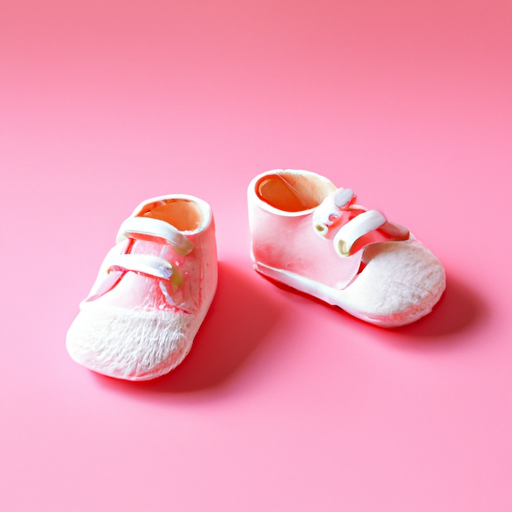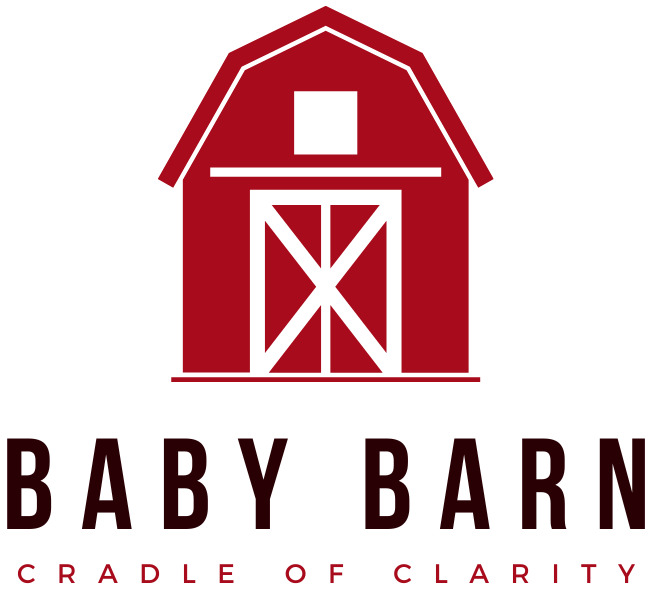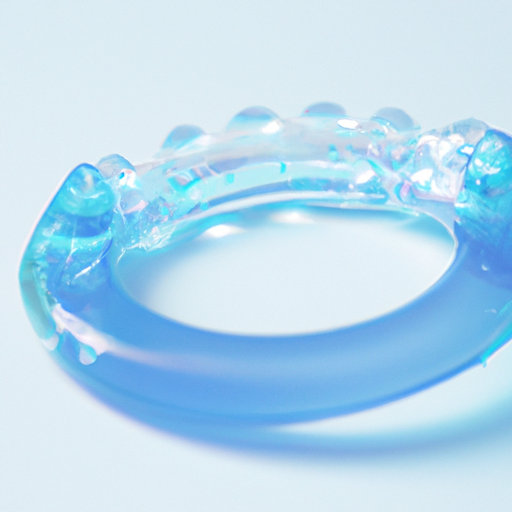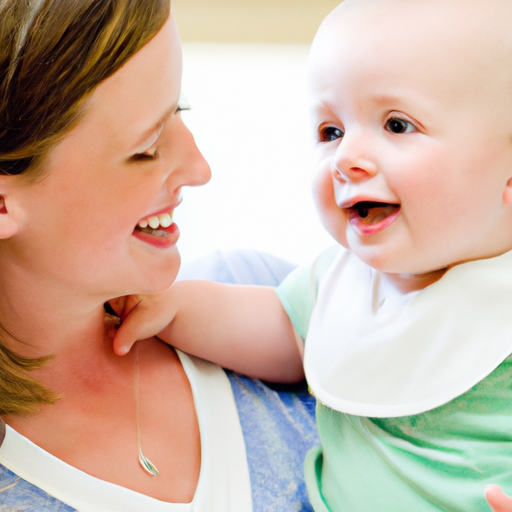So, you’ve got a new addition to the family and you’re wondering when to schedule the first doctor’s check-up for your baby? Well, you’ve come to the right place! It’s a common question that many new parents have, and it’s important to make sure you’re taking the necessary steps to keep your little one healthy. In this article, we’ll delve into when the ideal time is to schedule that first doctor’s visit and why it’s crucial for your baby’s well-being. From vaccinations to growth assessments, you’ll learn everything you need to know to get started on the right foot with your baby’s healthcare journey. So, let’s dive in and find out when that first doctor’s check-up should be!
Curious to know more about when you should schedule the first doctor’s check-up for your baby? Well, in this article, we’ll go into detail about the recommended time frame for that crucial first visit. We’ll discuss the various assessments and screenings the doctor will perform and why they are so important for your baby’s health and development. You’ll gain insight into the importance of vaccinations and how they play a vital role in protecting your baby from harmful diseases. Additionally, we’ll touch upon growth and development milestones to ensure your baby is progressing as expected. So, don’t worry – we’ve got you covered with all the information you need to know about that all-important first doctor’s check-up for your little bundle of joy!
Importance of the First Doctor’s Check-up
As a parent, you want to ensure that your baby receives the best possible care and attention. One crucial aspect of your baby’s wellbeing is scheduling the first doctor’s check-up. This initial visit holds immense significance in guaranteeing your baby’s proper growth and development, detecting potential health issues, and establishing a healthcare routine. Let’s dive into the details of why this check-up is so important for your little one.
Ensuring proper growth and development
The first doctor’s check-up plays a critical role in monitoring your baby’s growth and development. During this visit, your doctor will carefully examine your baby, tracking their weight, height, head circumference, and other essential measurements. By comparing these measurements with the standard growth charts, the doctor can ensure that your baby is growing and developing within the expected range.
Additionally, the doctor will assess your baby’s overall physical and cognitive milestones. This allows them to determine if there are any potential issues that need further evaluation or intervention. Regular check-ups in the first year of life provide a valuable opportunity for early identification of developmental delays or concerns, enabling prompt intervention for the best possible outcomes.
Detecting any potential health issues
The first doctor’s check-up also serves as an essential opportunity to detect any potential health issues that may be present in your baby. During the examination, the doctor will conduct a thorough assessment, listening to your baby’s heart and lungs, checking their reflexes, and examining their skin, eyes, and ears. These examinations help in identifying any abnormalities or signs of illness that might require further investigation or treatment.
Furthermore, the doctor will check for specific birth complications that may have occurred during delivery. This includes assessing your baby for any signs of birth injuries, such as bruises, fractures, or abnormalities in the limbs or spine. Detecting these complications early on allows for timely intervention and appropriate management.
Establishing a healthcare routine
Another crucial aspect of the first doctor’s check-up is establishing a healthcare routine for your baby. During this visit, the doctor will discuss various aspects of your baby’s care, including feeding patterns, sleep routines, and general hygiene practices. They will provide guidance on breastfeeding or formula feeding options, ensuring that your baby receives adequate nutrition for their optimal growth and development.
In addition to discussing feeding and sleep, the doctor will also address topics related to general care and safety. This may include guidance on bathing, diapering, and ensuring a safe environment for your baby. By establishing these routines and guidelines from the beginning, you can ensure that your baby receives consistent and appropriate care as they continue to grow.
Newborn Check-up
Now that you understand the importance of the first doctor’s check-up, let’s explore the timeline for scheduling these visits. The first check-up for your newborn should ideally take place within the first week after birth. This early visit allows the doctor to assess your baby’s health shortly after delivery and identify any immediate concerns.
During the newborn check-up, the doctor will conduct a thorough physical examination, checking your baby’s heart rate, breathing, and overall well-being. They will also monitor your baby’s weight and assess their feeding patterns. This visit is crucial for ensuring that your baby is adjusting well to life outside the womb and is receiving the necessary nourishment for healthy growth.
Additionally, the doctor will check for any birth complications that may have occurred. They will carefully examine your baby for any signs of trauma or abnormalities, ensuring that they are free from any potential health issues related to the delivery process. By addressing these concerns early on, the doctor can provide appropriate guidance or referrals to specialized care if needed.
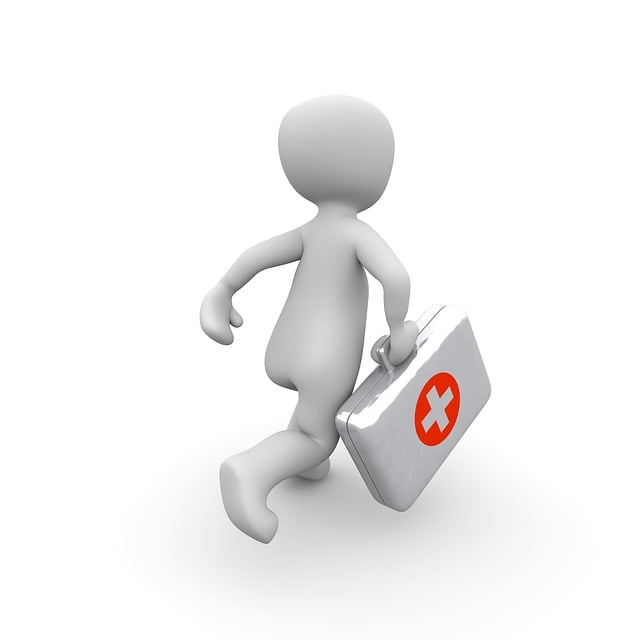
First Month Check-up
As your baby reaches the one-month mark, it’s time to schedule their first month check-up. This visit usually takes place around 4 to 6 weeks after birth. During this check-up, the doctor will continue to monitor your baby’s growth and assess their overall health and well-being.
One key aspect of the first month check-up is evaluating your baby’s feeding patterns and sleep routine. The doctor will inquire about the frequency and duration of feedings, ensuring that your baby is getting enough breast milk or formula. They will also discuss any challenges or concerns you may have regarding feeding, offering guidance and support to optimize your baby’s nutrition.
Additionally, the doctor will address any questions or concerns you may have about your baby’s development, such as their gross motor skills, social interaction, or sleep patterns. They will provide reassurance and guidance, helping you navigate the ups and downs of the early parenting journey.
Two to Four Month Check-up
At around two to four months of age, your baby will be due for their next check-up. This visit is essential for monitoring their growth, assessing milestone development, and updating vaccinations.
During this visit, the doctor will measure your baby’s weight, length, and head circumference, comparing them to the standard growth charts. They will carefully track your baby’s growth trajectory, ensuring that they are progressing within the expected range.
In terms of milestone development, the doctor will assess your baby’s ability to hold their head up, track objects with their eyes, and engage in social interactions. They will discuss your baby’s progress and alert you to any potential concerns or delays that may require further evaluation or intervention.
Furthermore, the two to four month check-up is an opportunity to update your baby’s vaccinations. The doctor will administer recommended immunizations to protect them from various diseases, ensuring that they receive the necessary protection for their developing immune system.
Addressing any concerns about colic or reflux is also an essential aspect of this visit. If you have noticed excessive crying or signs of discomfort in your baby, the doctor can offer guidance and support to manage these common issues effectively.
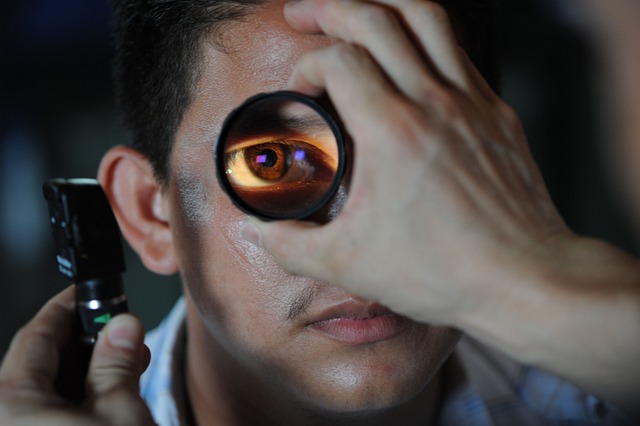
Six Month Check-up
As your baby reaches the six-month milestone, it’s time for their next check-up. This visit marks an important stage in their development, as they begin to explore solid foods and demonstrate a wider range of motor skills and cognition.
During the six-month check-up, the doctor will evaluate your baby’s readiness for solid foods. They will discuss appropriate timing and introduce you to the concept of baby-led weaning or traditional spoon-feeding, depending on your preferences and your baby’s developmental readiness.
In terms of developmental milestones, the doctor will assess your baby’s motor skills, including sitting up, rolling over, and reaching for objects. They will also observe your baby’s cognitive development, such as their ability to recognize familiar faces or respond to their name.
Additionally, the doctor will screen your baby for anemia and lead exposure. These tests help identify any deficiencies or potential risks to your baby’s health and allow for prompt intervention or follow-up care if necessary.
Nine Month Check-up
As your baby enters the nine-month phase, their development continues to progress rapidly. The nine-month check-up is an opportunity for your doctor to assess their language development, monitor teething progression, and discuss safety measures.
Language development is a crucial aspect of your baby’s cognitive growth. During this visit, the doctor will observe your baby’s ability to babble, imitate sounds, and understand simple commands. They will ensure that your baby is reaching the appropriate milestones and may provide recommendations or referrals for further evaluation if needed.
Teething is another significant milestone that occurs during this phase. The doctor will examine your baby’s gums and discuss strategies for managing teething discomfort. They will provide guidance on appropriate teething toys, oral hygiene practices, and other measures to ensure your baby’s comfort during this process.
Safety is a paramount concern as your baby becomes more mobile and curious. The doctor will discuss safety measures, such as babyproofing your home, avoiding hazards, and providing appropriate supervision. They will also address any specific concerns or questions you may have related to keeping your baby safe and secure.
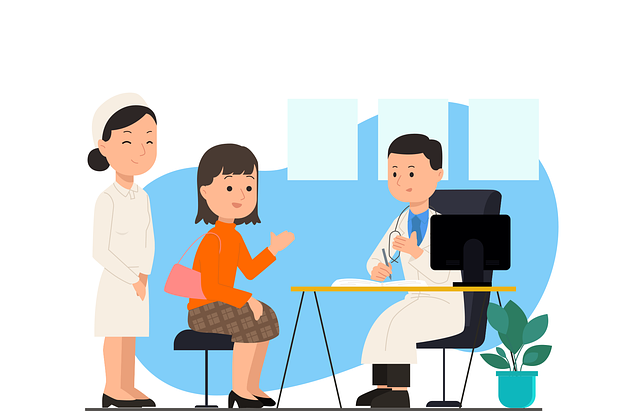
One Year Check-up
As your baby celebrates their first birthday, it’s time for their one-year check-up. This visit is crucial for evaluating their overall growth and development and providing guidance on toddler behavior. Additionally, necessary vaccinations will be administered to protect your baby’s health.
During the one-year check-up, the doctor will conduct a comprehensive physical examination, assessing your baby’s growth, weight, height, and head circumference. They will compare these measurements to the standard growth charts, ensuring that your baby is progressing as expected.
This visit is also an opportunity for the doctor to evaluate your baby’s overall development, including their language skills, fine motor skills, and social interaction. They will discuss your toddler’s behavior and provide guidance and support for common behavioral challenges, such as tantrums or separation anxiety.
In terms of vaccinations, the doctor will administer necessary immunizations to protect your baby from diseases such as measles, mumps, and rubella. These vaccinations are an essential part of your baby’s healthcare routine, ensuring their continued protection against preventable illnesses.
Regular Check-ups
After the one-year mark, your baby will require regular check-ups every three to six months. These visits are crucial for monitoring ongoing growth and development, addressing any concerns or questions you may have, and ensuring comprehensive care.
During these regular check-ups, the doctor will continue to assess your baby’s growth, track their milestones, and address any specific concerns you may have. They will provide guidance and support for age-appropriate nutrition, sleep routines, and general care and safety.
These regular check-ups offer an opportunity for open communication with your doctor, allowing you to discuss any worries or queries you may have as your baby continues to grow and explore the world. By attending these visits regularly, you can ensure that your baby receives the necessary care and attention they need at each stage of their development.
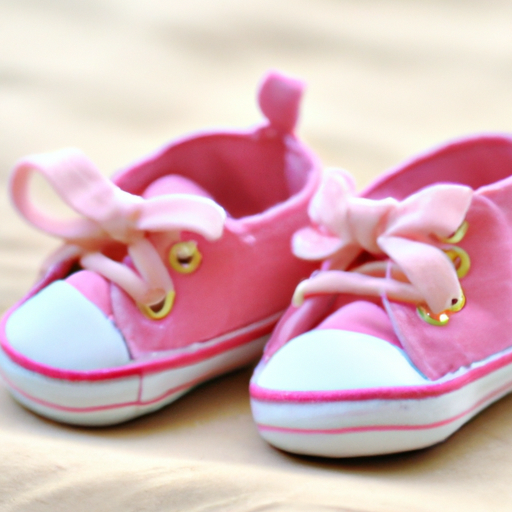
Special Circumstances
In some cases, special circumstances may require additional check-ups or specialized care for your baby. These circumstances include premature birth, chronic health conditions, or suspected developmental delays.
If your baby was born prematurely, they may require more frequent check-ups and closer follow-up care to monitor their growth and development. The doctor will provide individualized guidance and support, ensuring that your baby receives the necessary care to thrive.
For babies with chronic health conditions, such as congenital heart disease or genetic disorders, regular check-ups and specialized care are essential for managing their condition effectively. The doctor will work closely with you to develop a comprehensive care plan and coordinate with other healthcare providers as needed.
If you suspect that your baby may be experiencing developmental delays, it is crucial to discuss your concerns with the doctor. They will conduct further evaluations and provide appropriate referrals for early intervention services. Early identification and intervention can significantly improve outcomes for children with developmental delays.
Conclusion
In conclusion, scheduling the first doctor’s check-up for your baby is of utmost importance for their wellbeing. These check-ups ensure proper growth and development, detect any potential health issues, and establish a healthcare routine. By following the recommended schedule and attending regular check-ups, you can ensure that your baby receives comprehensive care and timely interventions if necessary. Trust your instincts as a parent and prioritize your baby’s health by scheduling their first doctor’s check-up at the appropriate time.
